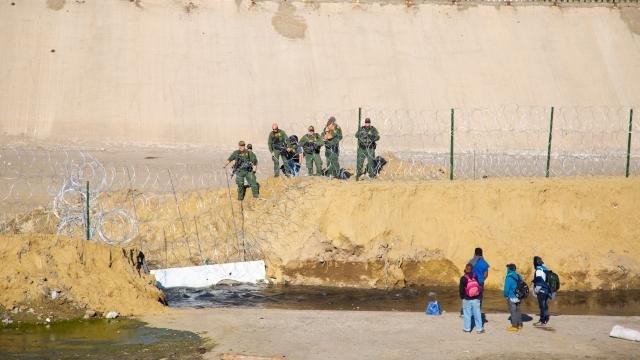
Photo by Humberto Chávez on Unsplash
On 7 September the Australian National Centre for Latin American Studies hosted a panel discussion on the recent global trend to politicize refugee and immigration policy through the manipulation of public sentiment and policy decisions – with a particular focus on the experience of Australia and Latin America.
John Minns (ANU College of Arts and Social Sciences) reviewed the trend in European countries in the wake of the increased volume of irregular arrivals from the Middle East and Africa – and in the case of the United States, from Latin America. In both instances the issue has been seized upon mainly by conservative parties to evident electoral advantage. He traced the similar phenomenon in Australia but noted that the narrative had been calibrated somewhat differently to distinguish those who entered Australia through legal pathways and “irregular” arrivals, especially those of non-European backgrounds.
Andrew Selee (Migration Policy Institute, Washington DC) drew on the experience of Latin America where mobility within the region had increased exponentially in the past decade or so. It had been exacerbated by deteriorating political and economic conditions which had led to the flight of people from Venezuela (more than 7.5 million), Haiti, Nicaragua and Cuba amongst others. Whilst neighbouring countries had traditionally responded pragmatically by regularizing the status of new arrivals the increase in volume had strained the capacity of receiving (and transit) countries to do so.
In the ensuing panel discussion Juan Pablo Ramaciotti (Centre of Migration Policy, Santiago) noted that the volume of new arrivals in Chile had risen fourfold since 2014 which had affected the ability of the state to deliver services. It had also been blamed for an increase in crime. Both points had been cited misleadingly by certain politicians and the media. Kate Ogg (ANU College of Law) noted that measures taken in Australia since the early 2000s to deal with irregular arrivals, in particular offshore processing and indefinite detention, were being looked at by European countries as potential solutions in their situations – notwithstanding the condemnation of those approaches by UN bodies and questions about their compatibility with international law.
The panel also touched on the mixed record of regional approaches in Latin America, the impacts of poverty, race and class on public perceptions of irregular arrivals, and the risk that the politicization of the issue poses globally to regular migration and refugee policies.
A full recording of the discussion can be viewed here.